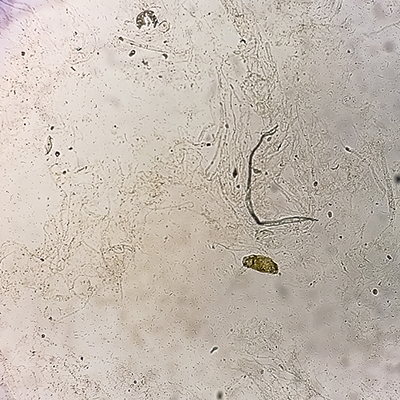proteinuria doctor in anantapur
Proteinuria refers to the presence of elevated protein levels in the urine. This condition can arise from various factors, ranging from benign issues such as dehydration or vigorous physical activity to more severe underlying conditions like kidney disease or immune system disorders. Diagnostic testing can verify the occurrence of proteinuria, and an appropriate Proteinuria Treatment in Anantapur strategy can assist in its management.
About Proteinuria
Proteins serve numerous essential functions, such as
- Contributing to the development of muscles and bones.
- Controlling the fluid levels within your bloodstream.
- Assisting in the defense against infections.
- Facilitating the repair of injured tissues.

It is crucial for proteins to remain within your bloodstream as per Best Doctor for Proteinuria in Anantapur. The presence of proteins in urine indicates their loss from the body, which can adversely affect your overall health.
Presence of urinal protein is serious
The presence of protein in urine is a significant concern even at Kidney specialist hospital in Anantapur. Proteinuria can elevate the risk of mortality associated with heart disease and cardiovascular conditions. In some instances, proteinuria may serve as an early indicator of chronic kidney disease (CKD), although it is possible to have CKD while maintaining normal protein levels in urine. CKD involves a progressive decline in kidney function, which may ultimately necessitate kidney replacement therapy, dialysis, or a transplant. Diabetes and hypertension are the two primary contributors to kidney damage and are the most prevalent causes of kidney disease.
Proteinuria can affect individuals of all ages. Nevertheless, certain factors may increase the likelihood of developing proteinuria, including
- Being 65 years of age or older.
- Having a family history of kidney disease.
- Suffering from diabetes or other conditions that impact kidney function.
Proteinuria is not a contagious condition. Nevertheless, the likelihood of developing proteinuria may increase if there is a familial history of the condition among your biological relatives.
If your healthcare provider has concerns regarding the possibility of kidney disease, you will undergo a urine test three times over a span of three months. Should your urine samples consistently indicate the presence of proteins, it is likely that you are experiencing a chronic condition. Timely diagnosis by Nephrology doctor in Anantapur, Dr. M. Surendra Babu significantly enhances the likelihood that your healthcare team can mitigate the progression of kidney disease. In cases where kidney disease leads to proteinuria, your treatment regimen may encompass medication, dietary modifications, and increased physical activity. Should you present high blood pressure, your healthcare provider may recommend antihypertensive medication. Numerous underlying conditions that result in proteinuria are amenable to treatment through medications and adjustments in lifestyle.
